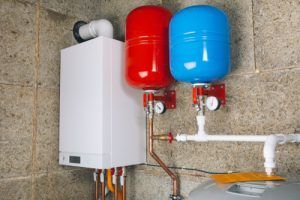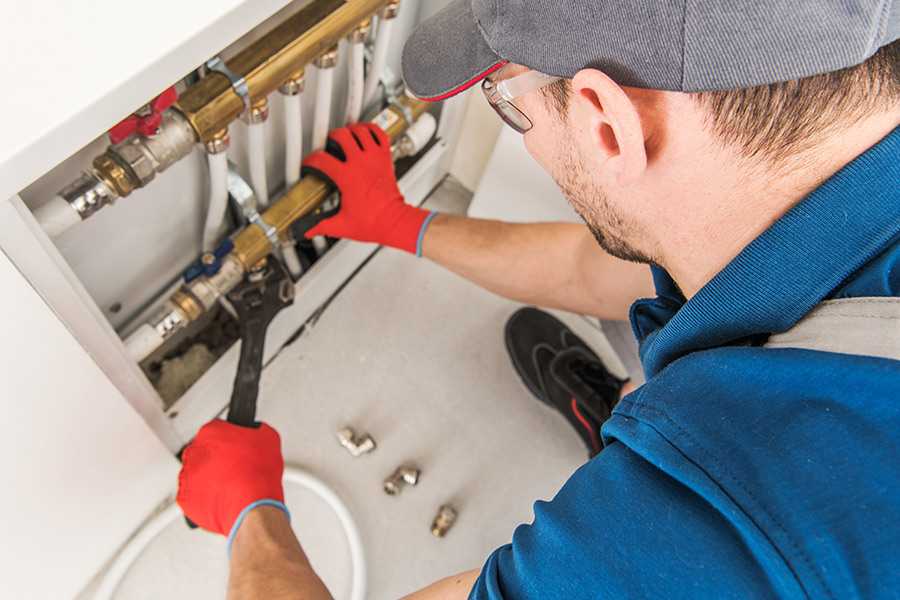Right here down the page you'll find a lot of extremely good tips in relation to Warning Signs You Need Water Heater Repairs.

A hot water heater is just one of the most essential fundamental appliances that can be found in a home. With water heaters, you don't need to go through the stress and anxiety of home heating water by hand every single time there is a demand to take a bath, wash, or the recipes. There is always an opportunity that your water heater would certainly act up as with a lot of mechanical tools.
It is important to note any kind of little breakdown and tackle it rapidly prior to points get out of hand. The majority of times, your water heater starts to malfunction when there is an accumulation of debris as a result of continual use. As a preventative measure, periodic flushing of your water heater is advised to prevent sediment accumulation and stop practical failure.
Common hot water heater emergency situations and how to handle them
Too little warm water
Dealing with a not enough supply of warm water can be irritating. It might be that the water heater can not sustain the warm water demand for your home. To manage this problem, you can attempt to readjust your heating unit's temperature level dial and wait on a few minutes. You can ask for the aid of an expert plumber if the issue lingers. Conversely, you can update your water heater to one with a larger capability.
Varying water temperature level.
Your water heater can start producing water of different temperature levels normally ice cold or hot warm. In this circumstance, the first thing you do is to make sure that the temperature is readied to the desired degree. If after doing this, the water temperature level maintains altering during showers or other tasks, you may have a damaged thermostat. There could be a requirement to replace either the thermostat or the home heating device of your hot water heater.
Leaking water heater storage tank.
In this circumstance, you must turn off your water heating unit, allow it to cool down, and thoroughly look for the resource of the issue. At times, all you need to do is to tighten a few screws or pipe links in situations of small leaks. If this doesn't work and also the leak lingers, you might need to use the services of a technician for a suitable replacement.
Blemished or stinky water
When this takes place, you need to know if the problem is from the tank or the water source. If there is no amusing odor when you run cold water, after that you are certain that it is your hot water heater that is defective. The smelly water can be triggered by corrosion or the build-up of germs or debris in the hot water heater container. You can try flushing out your tank or replacing the anode if the trouble continues once you discover this. The feature of the anode is to clear out germs from your tank. Since the anode rod substitute calls for a detailed knowledge of your water heating unit, you will require the assistance of an expert.
Conclusion
Some house owners overlook little warning as well as minor faults in their water heater system. This just causes more damage and also a possible total malfunction of your home appliance. You must take care of your water heater faults as quickly as they come near prevent more expenditures as well as unnecessary emergency troubles.
With water heaters, you don't need to go via the stress of heating water by hand every time there is a requirement to take a bath, do the laundry, or the dishes. It might be that the water heating system can not sustain the warm water need for your house. Your water heater could begin generating water of different temperatures generally ice cool or scalding hot. If there is no amusing scent when you run cold water, then you are specific that it is your water heating system that is faulty. The smelly water can be triggered by rust or the accumulation of bacteria or debris in the water heating unit container.
Why Is My Water Heater Leaking?
When a water heater bursts in a home, it is a shocking event, not to mention a messy one, and it could potentially cause a lot of expensive damage. If your hot water heater burst, you’re probably wondering why this happens and what to do next.
In general, the basic reason why hot water heaters burst is that there is corrosion within the tank, which can lead to the tank bursting at its seams. Unfortunately, there are several possible underlying causes that can contribute to water heater explosions, and it’s not always apparent which one is the culprit.
Sometimes there are risk factors or warning signs that could indicate a water heater explosion is imminent, but not always. In order to understand the risk factors that could contribute to a water heater exploding, it’s important first to understand the type of water heater that you have in your home.
What Are The Common Causes of Water Heater Leaks?
In general, it's a good idea to call a emergency plumbing company if you have any questions about the cause of your water heater leak. The most frequent reasons why water heaters leak are:
Drain valve
The drain valve is used to empty the tank during maintenance visits and replacements by plumbers and homeowners. The drain valve is also utilized by homeowners when cleaning the tank is required. Over time, the valve becomes loose, allowing water to flow through. Leaks from the bottom of the valve, on the other hand, suggest that the component isn't waterproof. This situation calls for the installation of a new drain valve. Homeowners may replace this themselves, but it's better to get advice from a professional plumber before you do so.
Too much pressure
Water heaters are affected by naturally occurring water pressure, just like any other plumbing component. The hot water that generates steam and fills the vacant space causes pressure in water heaters. When the steam has no where to go, the pressure becomes too high. Any crack in the heater allows water to escape, relieving some of the pressure. When the water temperature is set too high or when water enters the system at large pressures, the heater's pressure rises.

We were made aware of that editorial about Is Your Water Heater Leaking? through someone on a different web address. Are you aware of somebody else who is in to the niche? Be sure share it. Many thanks for going through it.
Quality care? Call.